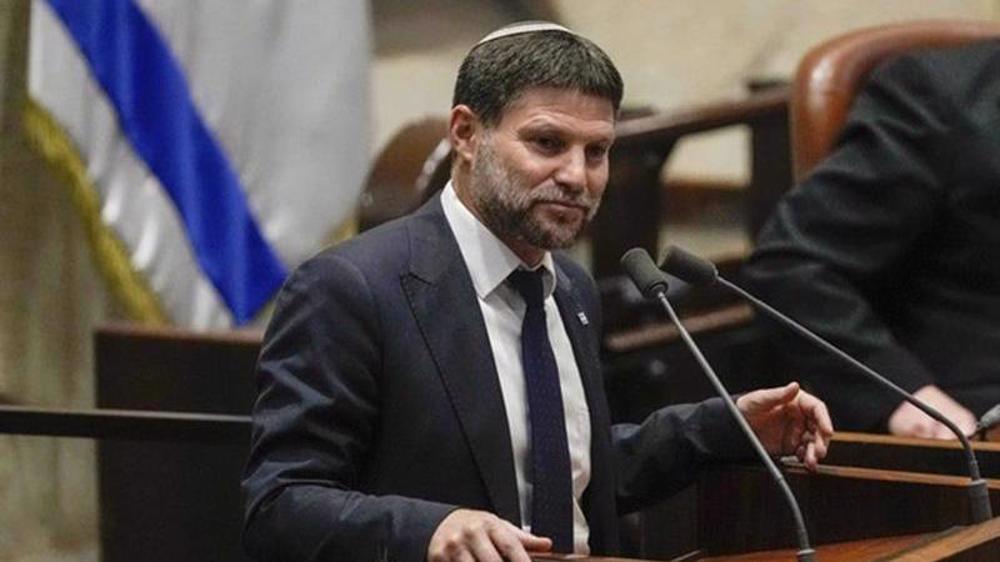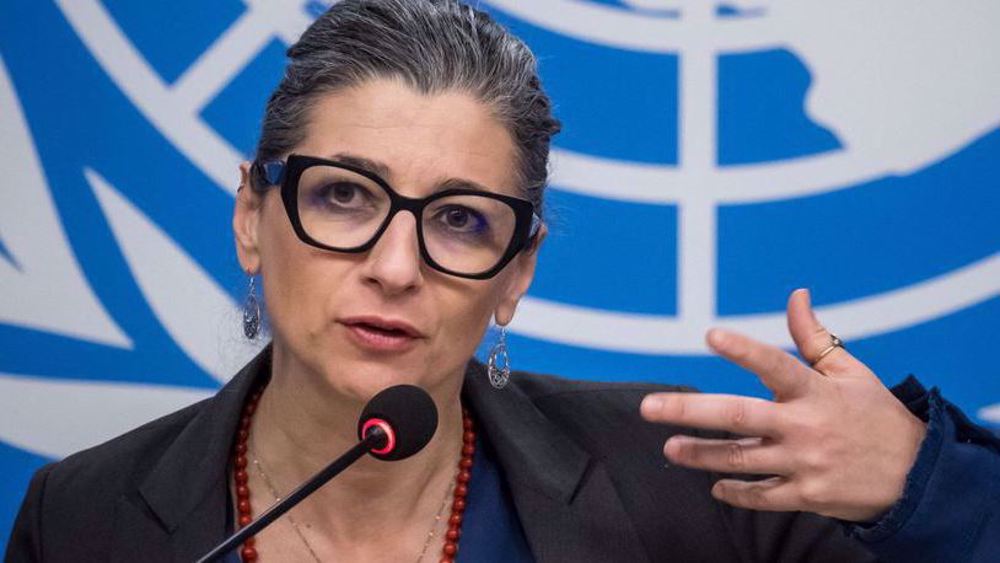General Assembly passes resolution on open selection of UN chief
The United Nations General Assembly has approved a resolution to make the mostly secretive selection of the secretary general more open and transparent.
The resolution, passed unanimously on Friday, will allow the 193 member states of the UN to access basic information about all candidates and have the chance to meet and question them.
Since the UN was established in 1945, the 15-member UN Security Council has nominated a person for the position of the UN chief in a closed-door meeting, and presented the name to the General Assembly for its approval. The five permanent members of the council -- the US, the UK, China, France, and Russia -- have been the key players in the selection process.

Under the new resolution, the council and assembly will send all 193 nations a letter "containing a description of the entire process and inviting candidates to be presented in a timely manner."
The resolution also calls on potential candidates, one of whom will replace Secretary General Ban Ki-moon at the start of 2017, to present their resumes and explain a vision for the job of the UN chief.
The 1 for 7 Billion campaign, which aims to change the selection process, hailed the resolution and called it "a significant departure from the secretive and outdated process."
"With the implementation of this resolution, it will no longer be business-as-usual for a handful of countries to select the secretary general behind closed doors,” said William Pace, who works for the campaign.
At present, the UN chief is eligible to be re-elected for a second five-year term. The campaign, however, says it is harmful to the position, because the secretary general may try to lobby countries to gain a second term.
The campaign has called for limiting the duration of the post to a non-renewable seven-year term.
The head of the world body has never been a woman during the 70 years of its existence, and over 40 countries have expressed interest in selecting the first female UN secretary general. Two Bulgarians -- Irina Bokova, the head of the United Nations Educational, Scientific and Cultural Organization (UNESCO), and European Union budget commissioner Kristalina Georgieva -- together with Croatia's Foreign Minister Vesna Pesic are among the potential candidates for the top job.
Hezbollah breaks record of anti-Israel ops; four million settlers run for their lives
Iran rejects involvement in murder of Israeli rabbi in UAE
‘Israel at dead end’: Army chief vows Iran’s lasting support for resistance
Hezbollah executes record 51 military operations against Israel in a single day
VIDEO | Intl. day to end anti-women violence: Female victims of Israeli attacks on Gaza, Lebanon remembered
Leader: Arrest warrant not enough, Netanyahu must be executed
VIDEO | Iraqi fighters conduct fresh retaliatory attacks on vital Israeli targets
Gaza hospital chief calls for help amid Israel’s ‘extermination campaign’










 This makes it easy to access the Press TV website
This makes it easy to access the Press TV website